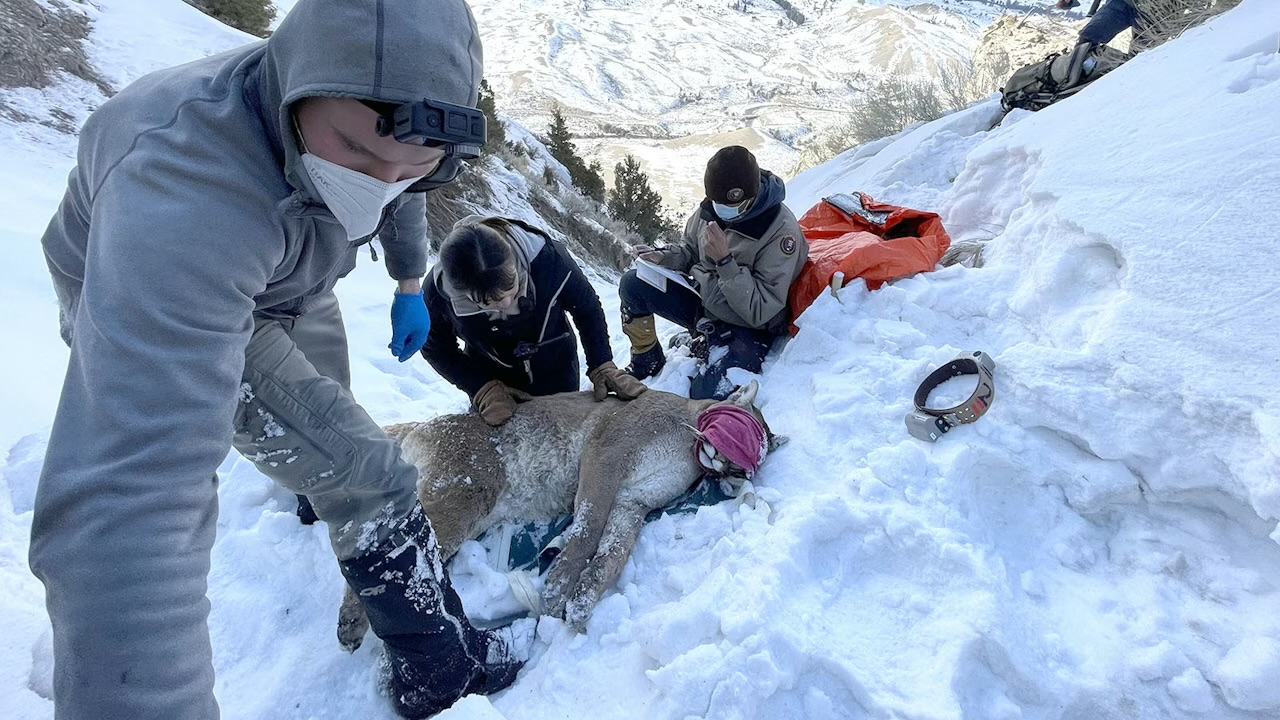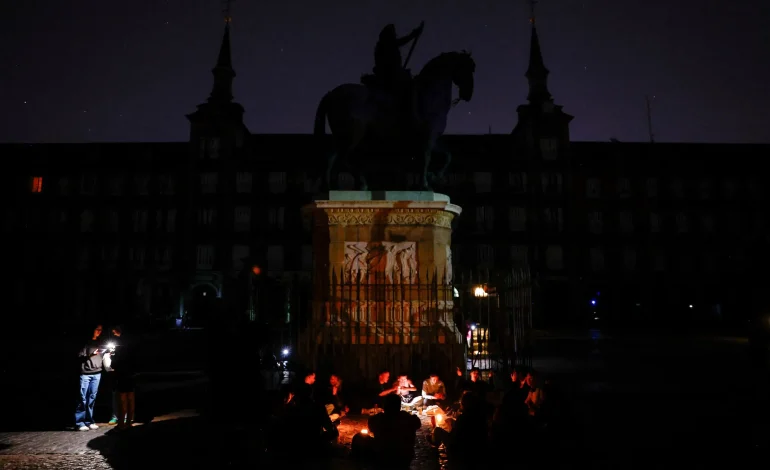Spain and Portugal are grappling with the aftermath of one of the most extensive power outages in European history, as investigators work to determine what triggered the widespread disruption that left tens of millions without electricity for hours.
The blackout, which struck Monday afternoon and lasted into Tuesday morning in some areas, disrupted daily life across the Iberian Peninsula. It halted public transport, disabled communication systems, and brought critical infrastructure to a standstill for up to 18 hours in certain regions.
In response, Spain’s top national security and defense officials convened Wednesday morning to coordinate an investigation. Prime Minister Pedro Sánchez, senior intelligence and defense officials, and members of the National Security Council and Council of Ministers met in Madrid to assess the situation. Sánchez also announced the formation of a special commission, led by the Ministry for the Ecological Transition, to lead the probe.
While the immediate cause of the outage remains unclear, early signs suggest a series of power disconnection events severely destabilized the national grid. Red Eléctrica, Spain’s grid operator, reported two significant interruptions in power transmission, the second of which led to a cascading failure that triggered automatic shutdowns across the system and beyond, affecting interconnectors with France.
Voltage instability had been detected hours before the failure. Data from sensors in Madrid showed increasing frequency and magnitude of voltage oscillations throughout the morning—indicating an underlying grid imbalance that culminated in the outage.
The sudden power loss prompted speculation over whether Spain’s rapid transition to renewable energy may have contributed to grid vulnerability. More than half of Spain’s electricity last year came from renewable sources, such as solar and wind. However, Red Eléctrica Chairwoman Beatriz Corredor dismissed the idea that renewables were to blame, and energy experts have urged caution in drawing direct links without further analysis.
Portugal’s Prime Minister Luís Montenegro suggested the blackout may have originated with a voltage surge in Spain that activated safety mechanisms, cutting off supply. He called for a measured review of the incident with Spanish authorities to strengthen future protections.
The Spanish High Court has ordered Red Eléctrica, national intelligence, and law enforcement agencies to produce reports within 10 days exploring whether a cyberattack could have been involved, though officials have said there is currently no evidence of such an event. The National Cryptologic Center is reviewing digital records and cyber risks.
The human impact of the outage was immediate and widespread. In cities, shops struggled with card payments, prompting long lines at functioning ATMs. Public transit systems shut down, and communication networks failed, leaving residents without internet or mobile service. In some areas, candles, transistor radios, and gas stoves were essential for navigating the blackout.
While power has since been restored, the event has exposed vulnerabilities in Iberia’s energy infrastructure and sparked debate about grid stability in an era of increasing reliance on renewable sources.
As the investigation unfolds, both governments have pledged transparency and cooperation. Meanwhile, Wednesday’s parliamentary debate in Portugal is expected to focus heavily on the outage, which may influence political discourse ahead of the upcoming May 18 election.
With input from the Associated Press, the New York Times, and BBC.










The latest news in your social feeds
Subscribe to our social media platforms to stay tuned